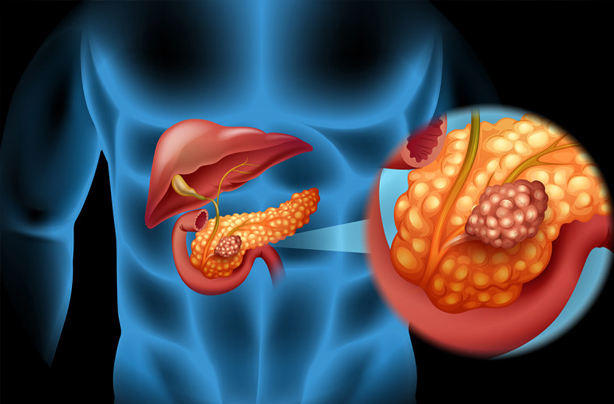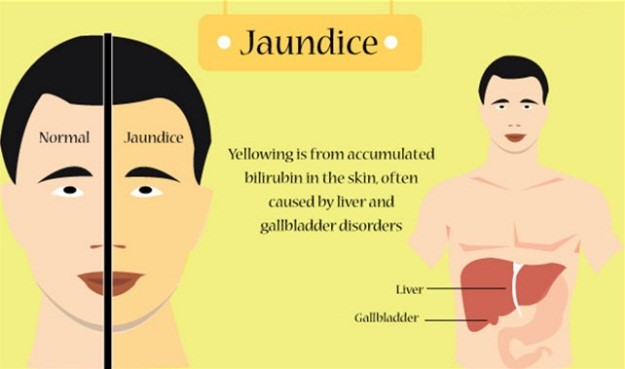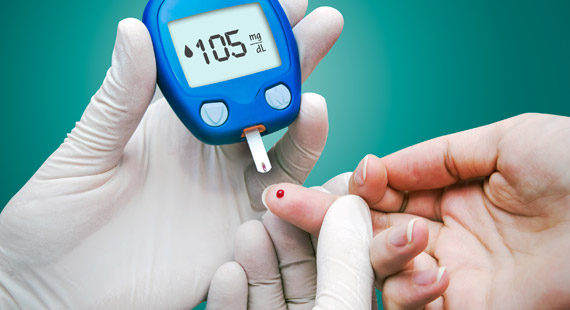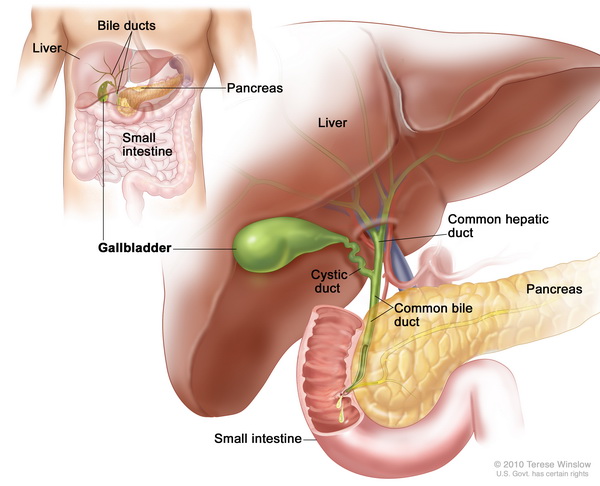Learn to Recognize the Signs and Symptoms of Pancreatic Cancer
Pancreatic cancer is a disease in which malignant (cancerous) cells form in the tissues of the pancreas. Pancreatic cancer is aggressive with few symptoms until the cancer is advanced. Symptoms may include upper abdominal pain, back pain, weight loss, diarrhea, and jaundice.
Unfortunately, the early signs and symptoms are usually indefinite and nonspecific, with obvious symptoms—ones that may be more likely to prompt someone to seek professional evaluation—often lacking until the disease is in the advanced stages.

Here are the most common symptoms of pancreatic cancer:
Abdominal and Back Pain
Pain in the mid or upper abdomen, as well as back pain is a common symptom of pancreatic cancer, present in around 70% of people at the time of diagnosis. This pain often worsens 3-4 hours after eating or when lying down, and the pain often lessens when a person sits up.

Sudden Weight Loss
Unexplained weight loss can often be an indication that something is wrong. Sudden weight loss, along with a loss of appetite, can be one of the first symptoms of pancreatic cancer. You may also notice that you feel full quickly, even when eating less.

Diarrhea
Diarrhea is sometimes an early symptom of pancreatic cancer. If your stools have a foul smell, appear frothy or greasy, and float, sometimes making them difficult to flush, go visit your doctor for a check-up.

Painless Jaundice
The yellowing discoloration of the skin and the whites of the eyes is called a jaundice, a condition caused by the build-up of bilirubin in the skin and is present in around 30% of people at the time of diagnosis. Bilirubin can accumulate when a pancreatic tumor partially or completely blocks the common bile duct and is most common with cancers in the head of the pancreas. Remember, with pancreatic cancer, jaundice is usually painless, so if you notice this symptom, consult your doctor immediately.

Nausea and Vomiting
Sometimes these symptoms can be misdiagnosed in the early stages of the pancreatic cancer. Severe and frequent vomiting may be a sign of an obstruction in the lower part of the stomach or the upper part of the small intestine caused by pressure from the tumor.

Diabetes
The unexpected diagnosis of the type 2 diabetes in a person over the age of 45 can be a symptom of pancreatic cancer. It occurs when the pancreas is unable to produce sufficient insulin due to the presence of a tumor.

Abdominal Mass
The hard mass in the upper abdomen—that is actually the gallbladder is also a very strong sign that pancreatic cancer may be present. The combination of a gallbladder that can be felt and jaundice is known as a Courvoisier’s sign.


Don’t give up I have been fighting neuroendrecrin tumor for over 10 yr. stage 3 fight fight fight